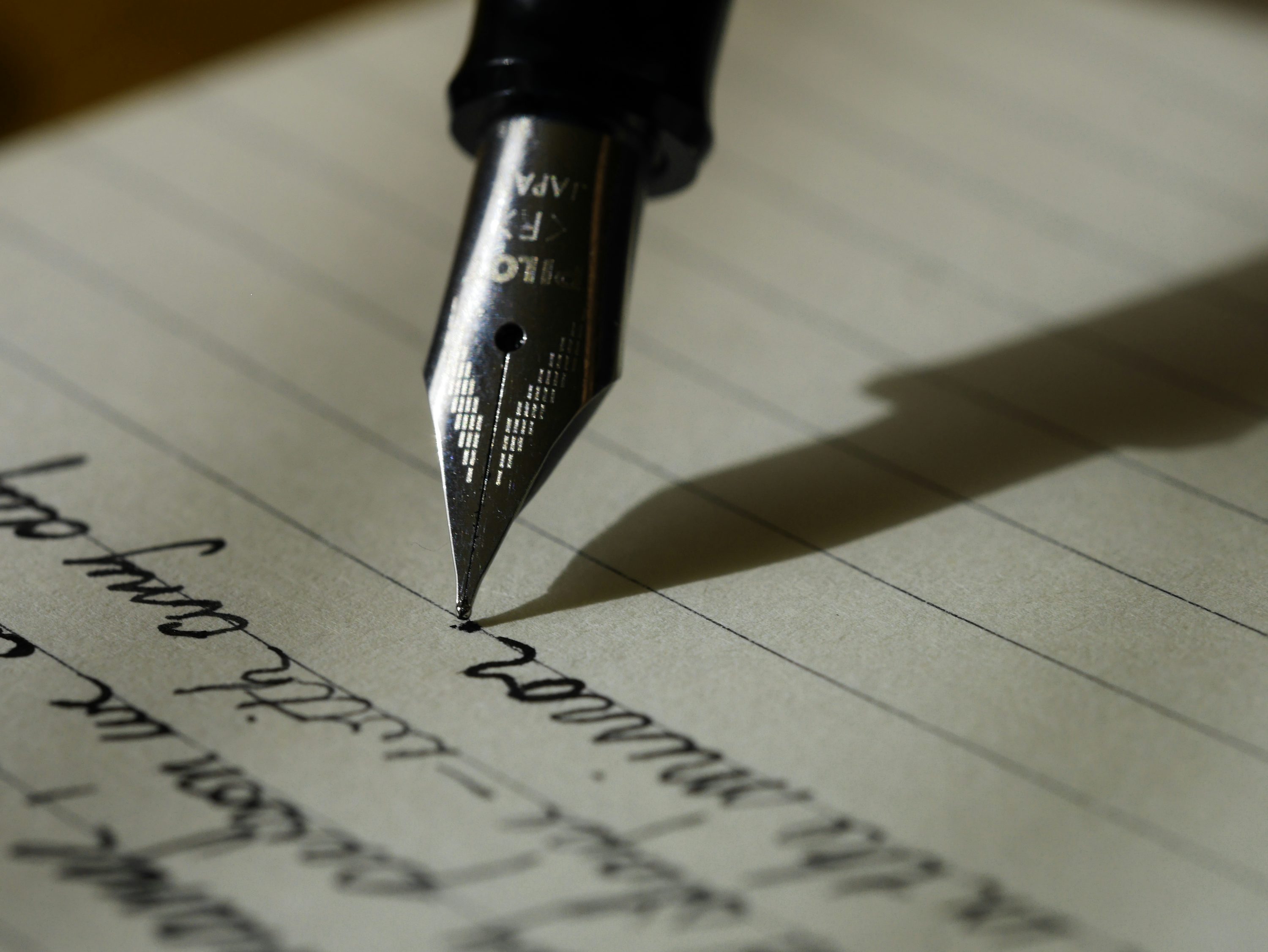
Ceramics & Photography
The workload for these subjects can sometimes be a bit difficult, but the teachers try to assist you as much as possible as long as you raise your hand or ask a question. For ceramics, there are extra credit opportunities in which you can create any project you'd like that you believe is worth firing [fired projects last longer than you] or follow given examples [pumpkin, leaf plate, etc.] The regular projects are worked on for around two weeks just for working with clay, and you need to fill out tickets for bisque firing and glaze firing. When glazing, she will give everyone around one week to complete it sometimes, or if it's a bit less complex to glaze she'll give students around three days to complete it.

Communications
The work given for this class is relatively easy. There are long lectures, after all the class is three hours long, however these relate to the classwork sometimes which can help you with the homework significantly. The only homework you're given tend to be speech writing, which is written similarly to an essay. The introduction, which consists of a hook [which can be a shocking image, a question relating to the thesis, etc.], the body paragraphs which include information supporting your thesis, the conclusion, etc. If the speech is persuasive, it will have a Call to Action, which is mentioned and emphasized in multiple lectures so that you don't miss it. You don't need to take notes in class, but it can help with your speeches being clear. You will have to try remembering basic points or obvious parts of your speech [so you shouldn't look down at your notecard after saying something like "My speech is about..." since you should definitely know that.] He understands when people look down at the card often, because it isn't so easy to memorize things without sounding like a robot, but there are exceptions; you shouldn't rely on it too heavily, mainly use it for quoting sources or saying what source your evidence is from.